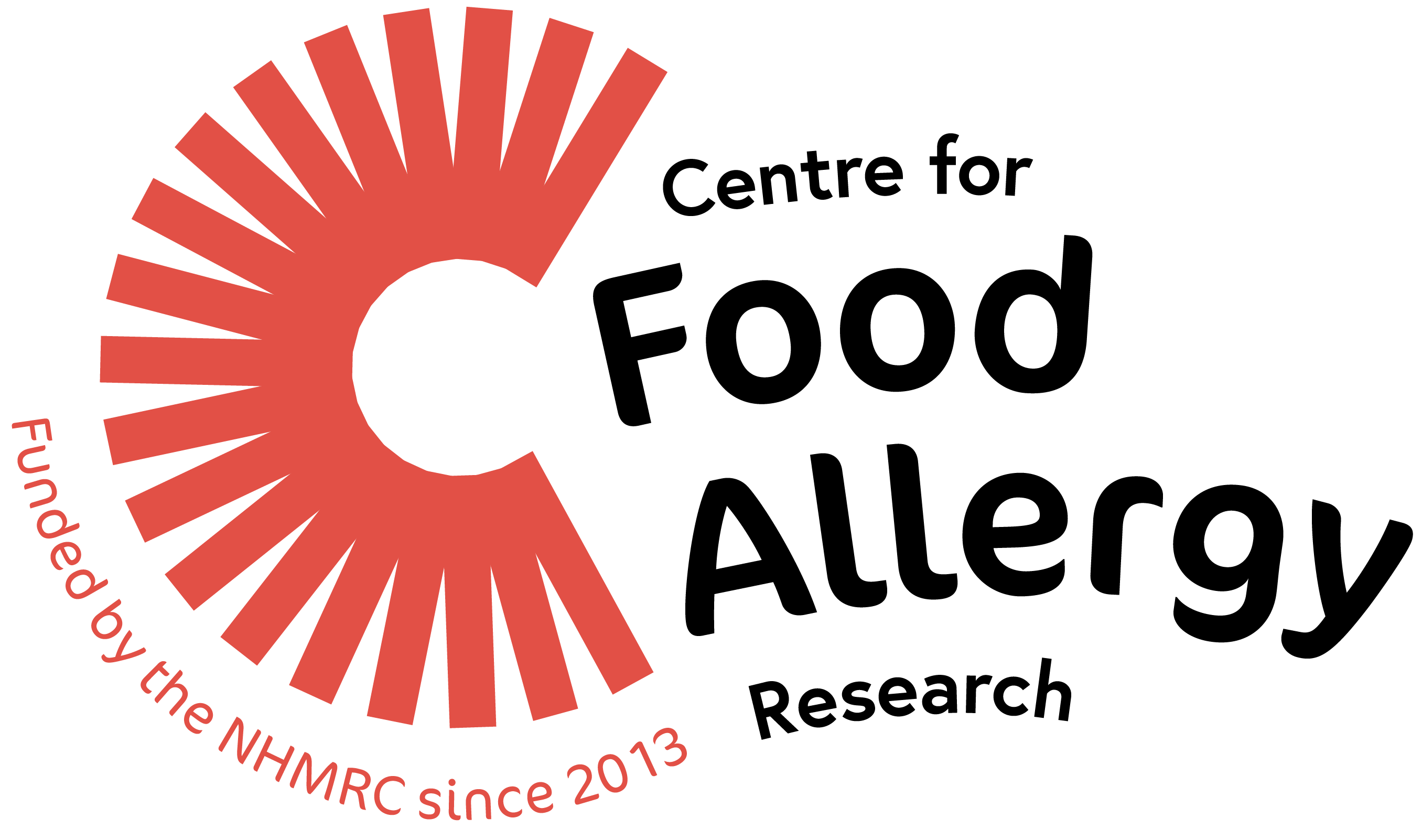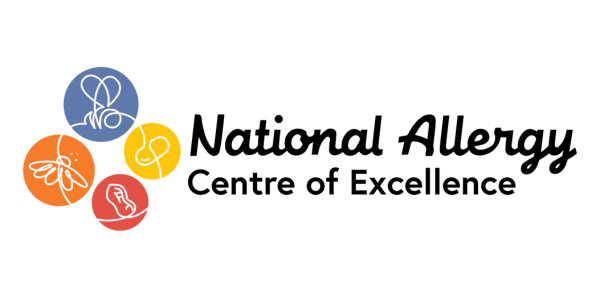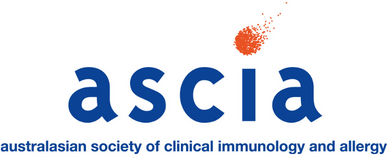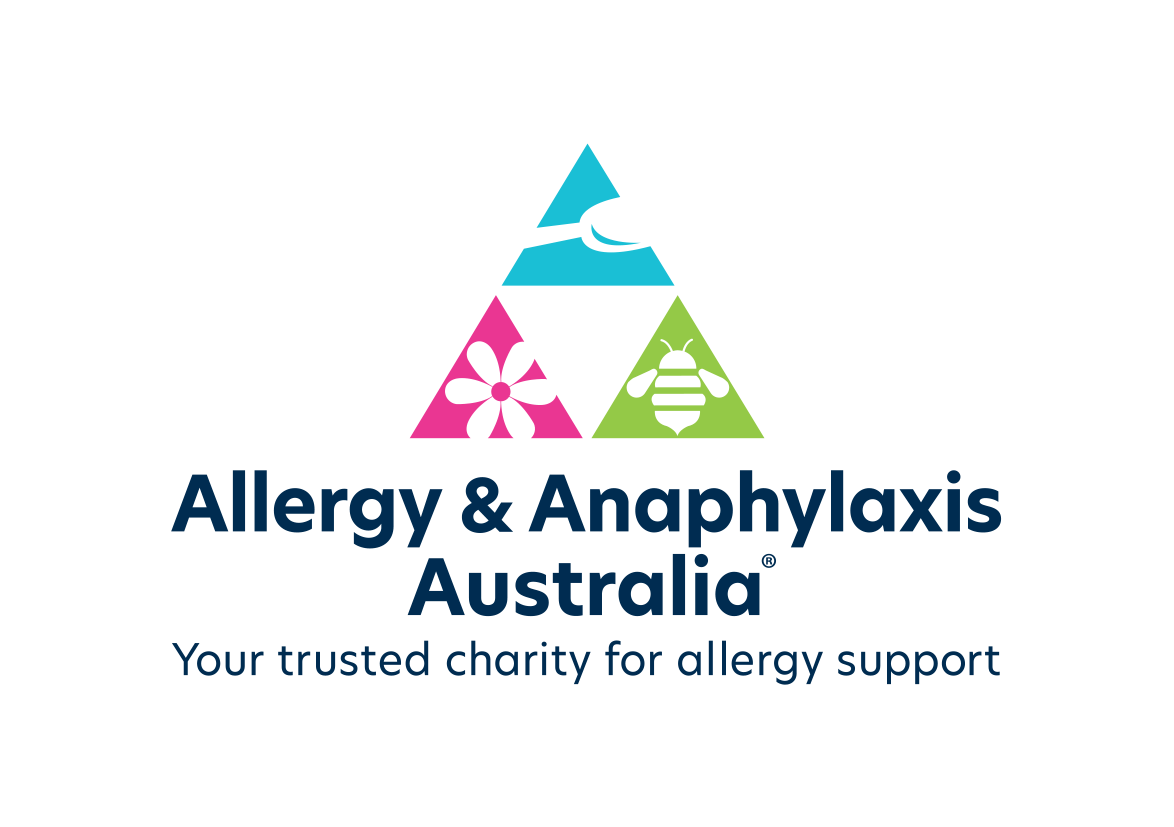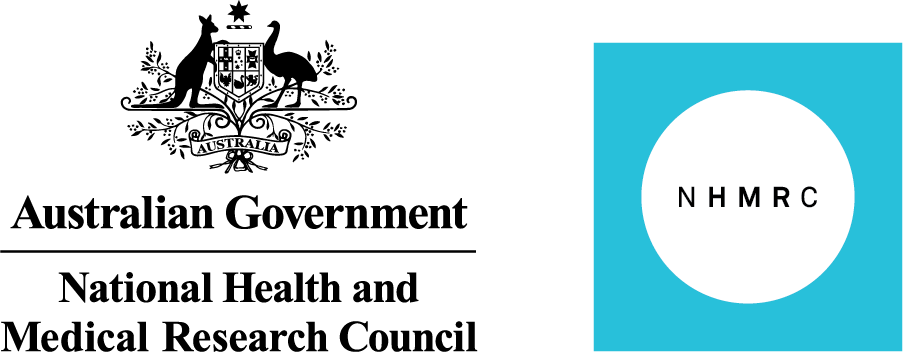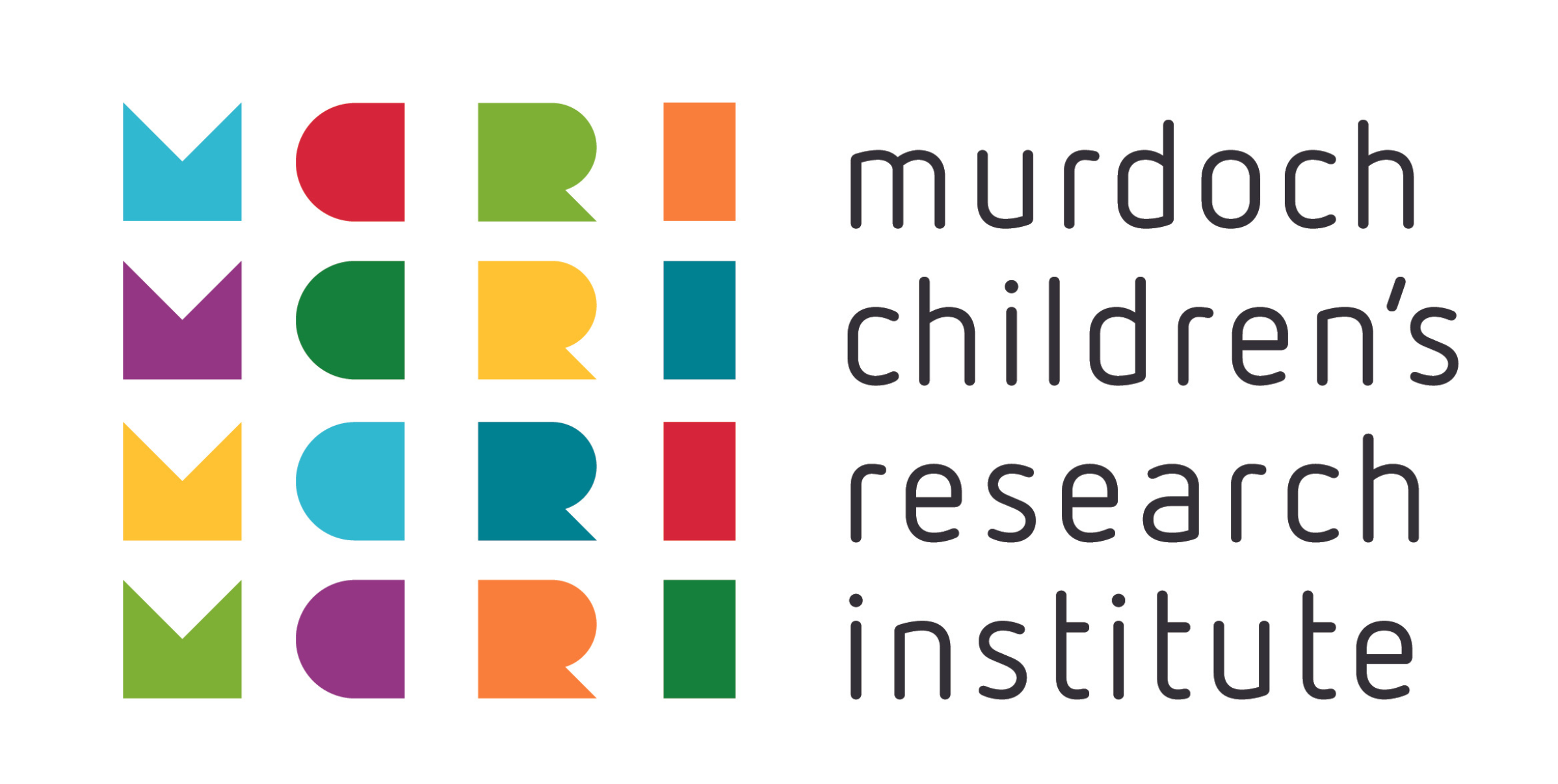Australia's food allergy experts meet at 2025 CFAR Retreat
- Published
- Tuesday, May 13, 2025 - 9:00 AM

Australian food allergy researchers are leading the way in uncovering new strategies to prevent, intervene early and manage the allergic disease.
Centre for Food Allergy Researchers (CFAR) members met at the 2025 CFAR RETREAT in Melbourne on Friday 16 May to help drive knowledge and translation forward.
CFAR PhD Scholars and Postdoctoral Fellows presented their latest research findings, while CFAR Chief Investigators led deep-dive panel discussions on each topic.
- WHEN: 9am – 4pm AEST, Friday 16 May
- WHERE: Murdoch Children's Research Institute - Cox and Walford Room (Level 5)
- PUBLIC TRANSPORT: Take tram number 58 or 59 to the Royal Children’s Hospital stop
- PARKING: Some on-street parking is available on Flemington Road, underground parking is available beneath the Royal Children’s Hospital and 48 Flemington Road. More parking details
- LUNCH: 1.30 – 2.30pm AEST, Cox and Walford Room, refreshment will also be provided during the day

What's on
Session 1 – Prevention: 9am – 11am AEST
Chair: Associate Professor Jennifer Koplin, CFAR Chief Investigator, NACE Evidence and Translation Pillar Lead, University of Queensland Childhood Allergy & Epidemiology, Child Health Research Centre, Group Leader
Australia has a world-leading program of well-phenotyped population-based cohorts and food allergy prevention clinical trials. Learn how CFAR harnesses the power of this program to identify early determinants of immune health and modifiable factors that prevent food allergy, develop risk prediction tools and understand the mechanisms that underpin food allergy predisposition for future prevention strategies.
Presenters
- Dr Catherine Hornung: Living evidence for food allergy prevention
- Dr Diana Zannino: Analysis of the Vitality study:Navigating the Challenges of Missing Allergy Data
- Miranda Starr: The influence of vitamin D and hygiene measures on infection and food allergy in the first year of life
- Audrey Walsh: Modifiers of intervention effects for the prevention and treatment of IgE-mediated nut allergy in children - a scoping review
- Dr Des Shifti: Changes in timing of egg introduction and prevalence of egg allergy in infants in Australia
- Dr Preyanit Takkinsatian: PhD project on the impact of food allergy on children's respiratory health
- Sophie Hughes: Maternal Factors Associated with the Concentrations of Food Allergens in Breast Milk
- Maheshwar Basin: Non- Exclusive Colostrum Feeding Is Associated With An Increased Risk Of Food Allergy In One- Year-Old-Children
- Summer Walker: Infant diet recommendations reduce IgE-mediated egg, peanut and cow’s milk allergies
- Tanya van Aswegen: Non-IgE Mediated Food Allergies and Breast Milk Feeding-A Qualitative Study using Focus Groups
Session 2 – Management: 11.30am - 1.30pm AEST

Chair: Professor Mimi Tang, CFAR Chief Investigator, NACE Food Allergy Stream Advisory Group, Murdoch Children’s Research Institute Allergy & Immunology Group Leader
Hear the latest on immune mechanisms underpinning treatment-induced remission and natural resolution of allergy. Plus, the studies designed to help reduce harm from food allergy related adverse events through improved allergen characterisation and diagnostics.
Presenters
- Sasha Odoi: Infant Food Allergy Algorithm - A Validated Tool for Classifying IgE-mediated Food Allergy
- Dr Shay Karnaneedi: Cross-Reactive Epitopes of Peanut Allergens - A Proteomic Analysis of Epitope-Level Molecular Similarities with Tree Nuts and Related Food Allergens
- Emily Jerry: The effect of shellfish and mite cross-reactivity on the development of late-onset shellfish allergy
- Sahel Heidari: Identifying novel allergens in crustaceans for improved diagnosis and immunotherapy
- Kayla Parker: Assessing the agreement between skin prick test and specific-IgE for ten common food allergens in infants
- Daniela Ciciulla: The prevalence of possible ARFID in children with and without IgE-mediated food allergy: Findings form HealthNuts
- Natalie Chang: Protein-bound skin ceramides are associated with “atopic dermatitis without food allergy”
- Qing Chong: Skin microbiome and eczema
- Dr Tim Brettig: The ADAPT OIT Program - a new nation-wide standardised model of care for peanut allergy
Session 3 – Intervention: 2.30 – 4pm AEST
Chair: Professor Kirsten Perrett, CFAR and NACE Director, CFAR Chief Investigator, Murdoch Children’s Research Institute Population Allergy Group Leader
Hear the latest on the early intervention and novel treatments to reduce food allergy burden and tailor individualised care. Learn about the trials that provide phenotypic data and samples to inform gene-environment and mechanistic investigation of molecular/cellular processes underlying the development of allergy versus tolerance.
Presenters
- Dr Catherine Lai: Dissecting the immune predictors for response to oral immunotherapy
- Dr Sarah Ashley: Immune mechanisms underpinning remission and natural resolution of allergy
- Sophie Rosser: OIT and Quality of Life - A NACE systematic review and meta-analysis
- Dr Andrew Fong: Harnessing Health Economics to Improve the Treatment and Management of Food Allergies in Australia
- Dr Melanie Lloyd: Patient selection for oral immunotherapy
Follow and tag us on X/Twitter: @NACEresearch and @CRE_CFAR; LinkedIn: @National Allergy Centre of Excellence for highlights of the day.
Want to take part in food allergy research?
Visit the Allergy Studies Directory and receive email alerts when new studies are listed.
Become a CFAR member
Are you part of the Australian and New Zealand food allergy research community?

